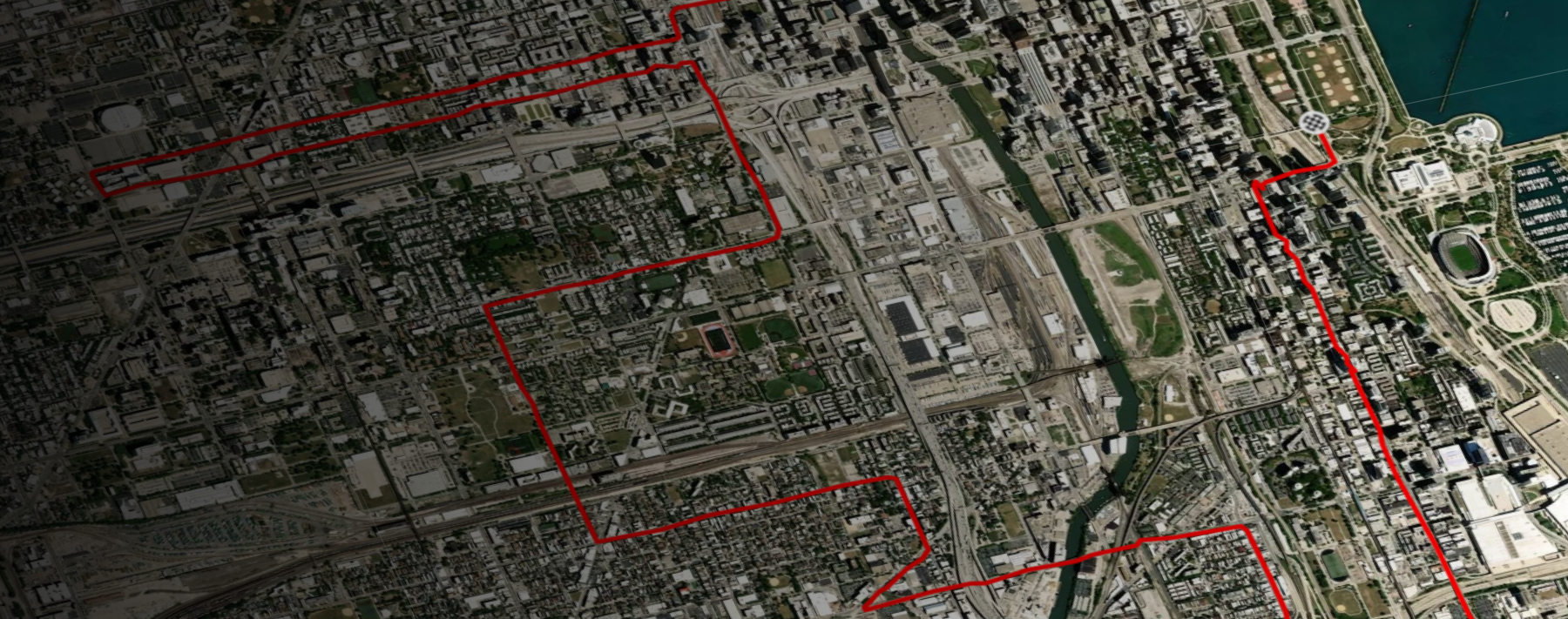Mind vs. body; emotional vs. physical; mental vs. physiological. We often separate these things from one another, not understanding that they are inextricably connected. Great nutrition and consistent exercise are vital components of fitness, but alone are not enough to ensure health. Wellness challenges are a whole body problem – behavioral and biological – so they require a holistic approach.
Dr. Kevin Gilmartin, author of the pioneering book on police officer wellness, Emotional Survival for Law Enforcement, describes the physiological challenges faced by law enforcement officers that can lead to the wellness issues we often see in policing, such as depression, PTSD, alcohol abuse, and suicidal ideation: “We talk about the psychological concepts of policing and what psychologically occurs to police officers, but we don’t hear anything about the physical challenges to police.” While critical incidents are major contributors to these struggles, officer mental health is significantly impacted by the ongoing stressors experienced every day on the job – which is in part a physiological experience.
Hypervigilance & the Biological Roller Coaster
Law enforcement officers, correctional officers, dispatchers and other public safety professionals must look at the world through a unique lens due to the demands of the job. To be tactically effective, public safety personnel operate in a state of possibility thinking, in which all possible outcomes or circumstances must be considered, rather than the typical probability thinking of the average individual. Instead of trusting that something probably will or will not happen, officers must consider the worst-case scenario at all times. This type of thinking has the potential to destroy the physical and mental health of the officer if carried into off-duty life.
“That type of thinking reduces tactical casualties, but it really increases emotional casualties because, when the officer or dispatcher is in that elevated state, they’re in this heightened level of alertness,” Dr. Gilmartin explains. Possibility thinking—looking out for the safety of themselves, their colleagues and the community members they serve—causes a biological response in hypervigilance. Cops maintain this state of heightened alertness the entire duration of their shift, says Dr. Gilmartin. “The problem is, when they get off-duty, that sympathetic autonomic response becomes a parasympathetic response where they’re detached, they’re isolated and they’re disengaged.” This state of hypervigilance, followed by the let-down after the shift, is what is referred to as the “biological rollercoaster.”
The Lethal Triad
The lethal triad arises out of the biological effects of extended periods of hypervigilance. For law enforcement officers, this triad—(1) isolation, (2) anger and (3) projection of blame—is emotional in nature. When these three occur simultaneously, the officer is in a dangerous position.
“We talk about the psychological concepts of policing and what psychologically occurs to police officers, but we don’t hear anything about the physical challenges to police.”
Isolation allows officers to sit in their singular view of the world. In this state, explains Dr. Gilmartin, “we’re not looking for information, we’re looking for affirmation.” At the same time, officers can experience anger from violated expectations in circumstances out of their control – they themselves can do nothing to change the situation. When officers are isolated in this world of anger, they search for a solution, for someone to blame for their problems and their emotional reaction to those problems. This cycle only leads to greater problems as officers’ anger increases over what they are unable to control.
So, what’s the solution? How can officers “turn off” their on-duty brain and transition into different roles in their lives, such as parent, spouse, friend, hobbyist and more? By focusing on the things officers can control and removing the barrier created by officer isolation, says Dr. Gilmartin: “We break that lethal triad by socializing, by interacting, by becoming members of the community.” Officers must set tangible off-duty goals of what they will do with their friends and family to help them once again foster that desire to engage with loved ones after work.
Identity
The biological roller coaster, the lethal triad and their effects are drastically impacted by officer identity. A common issue with law enforcement professionals is a singular identity rooted in the profession. When this is an officer’s state of mind, it exacerbates the physiological and emotional effects of hypervigilance and the lethal triad, leading to greater issues down the line – both physically and emotionally. Conversely, when officers hold to identities rooted in their many roles in life (police officer, parent, spouse, friend, hobbyist), they will be less likely to detach and isolate, to focus on things outside of their control, and to experience the physical and mental health ailments so tragically common among law enforcement personnel.
Physical and emotional health are related, and thorough understanding is critical to the wellness of public safety professionals. This includes the prevention and treatment of physical ailments, such as diabetes and cardiac arrest, and mental health issues, such as PTSD and depression. Understanding both sides of the coin allows officers and agencies to address concerns with a more complete picture of the problem and its solution.



